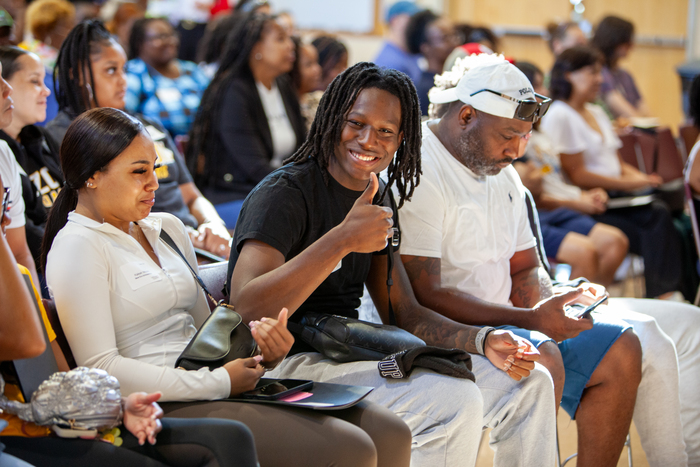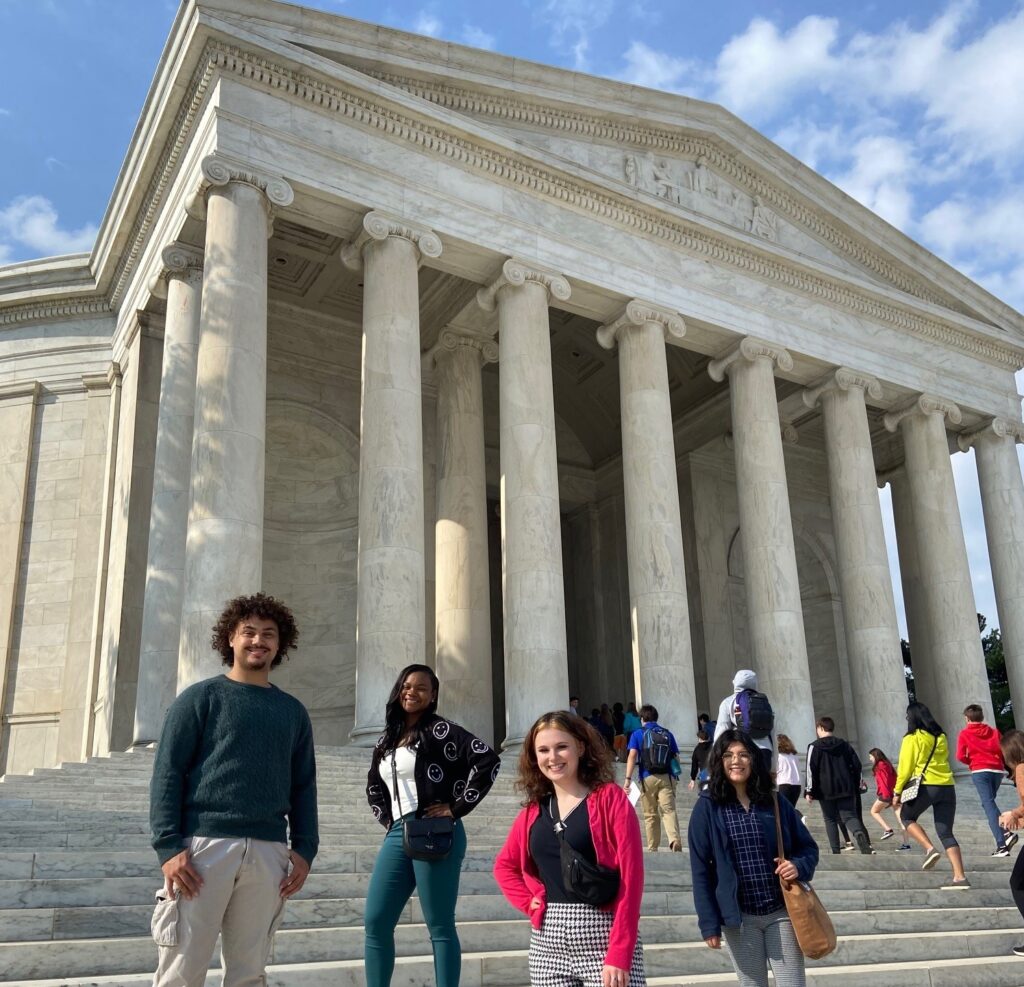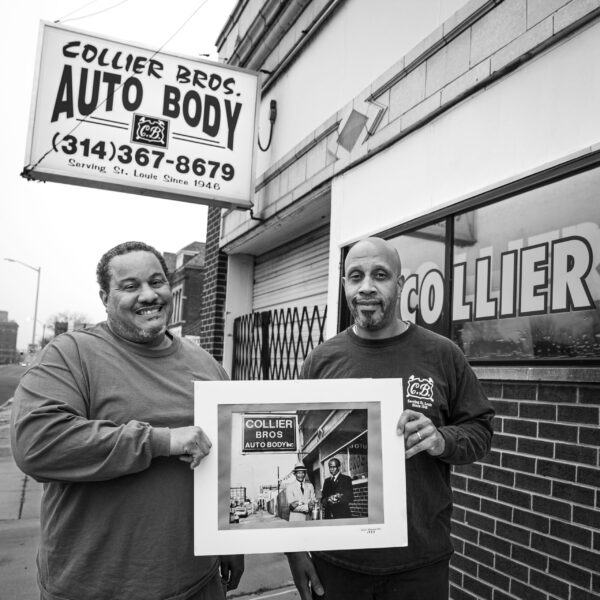
The Greyhound Bus trip from St. Louis to San Bernardino took 48 hours, following the general path of old Route 66. Taking that trip several times each year to and from college taught me: to be careful in striking up conversation or making eye contact; that there is no sadder place than the Las Vegas bus station at night; and, that I could abandon early my assumptions about wealth, scarcity, and generosity.
Headed back to school, I got off the bus when it stopped for a break in Amarillo, Texas. The bus station was crowded and the women’s restroom even more so. It was hot and stuffy. This was a short break, and as the driver announced the departure I realized that my wallet had been stolen from my backpack.
I stood at the base of the bus steps asking the driver to wait while I called the police. He chuckled, said they wouldn’t do anything anyway and that the bus was leaving. I could stay in Amarillo and wait for the authorities or I could get on board. I cried. There were still 36 more hours of travel ahead, and I had no money for food. I’d have no way to get from the bus station to school.
I got on the bus, scared. I closed my eyes, keeping the tears from escalating. I fell asleep.
While I slept, the passengers on that bus quietly and literally passed an old seed hat, each contributing what they could to help me. From their seats, they had heard me crying to the driver. The hat was full of small bills to get me there. It was that simple.
Except it wasn’t simple. As I tucked the money into my pocket, I realized that they had collected more than was stolen from me. There was no way to give it back (though I tried to figure out how I could). I felt guilty.
Those Greyhound travelers taught me the calculus doesn’t work that way. They weren’t asking me to prove my desperate state. They didn’t require me to buy only the basics between Amarillo and L.A. They required no speeches or thank you notes. I looked around the bus but it was impossible to tell who had given and who had not. I felt certain they weren’t people with tons of money (or I think they’d have opted to fly the 1,800 miles).
I still think of them often. I have helped raise millions and millions of dollars. But I’ve come to learn that some of the most generous gifts are small. Some of the largest gifts come from those we never knew could give at that level. We see generosity not just in magnitude, but in the trust that accompanies gifts that are anonymous and gifts that are undesignated and unrestricted. Gratitude for such gifts is best conveyed as a matter of the heart, from one to another and/or from one to the next. We give, in part, because we can, and sometimes because at another point in our lives, someone else did.
– Faith Sandler




